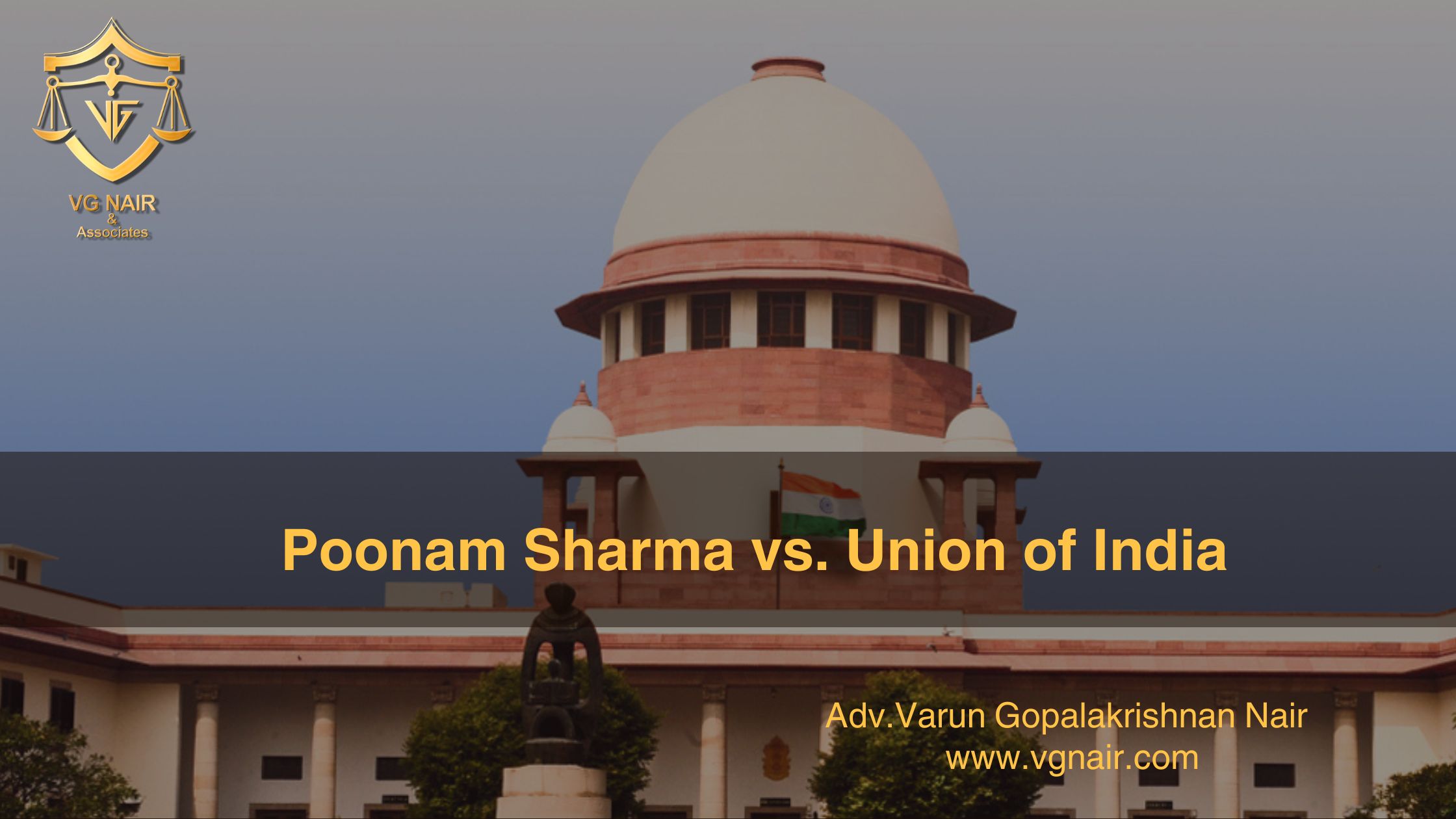Poonam Sharma vs Union of India

The Supreme Court of India recently allowed the termination of an unplanned pregnancy at 26 weeks in the case of Poonam Sharma v. Union of India. This landmark judgment emphasizes women's reproductive autonomy, addressing critical factors such as mental health and socio-economic circumstances that impact a woman's ability to carry a pregnancy to term.
Case Background
Poonam Sharma, a 27-year-old married woman, sought permission from the Supreme Court to terminate her pregnancy, which was beyond the statutory limit of 20 weeks under the Medical Termination of Pregnancy (MTP) Act. The case highlighted her unique circumstances: she had two children, both delivered via cesarean section, and had used the Lactational Amenorrhea Method as contraception, not realizing she was pregnant until later.
Reasons for the Petition
Poonam and her husband argued that they were financially and emotionally unprepared for another child, further exacerbated by a history of depression that Poonam faced due to their socio-economic struggles. The couple approached multiple doctors for a medical termination but were repeatedly denied due to the pregnancy period exceeding the legal limit, prompting them to seek judicial intervention.
Supreme Court's Ruling
The Supreme Court, in its ruling, gave significant weight to the petitioner’s arguments regarding her mental health and socio-economic conditions. The court recognized that forcing her to continue the pregnancy could severely impact her well-being, hence granting her the right to terminate the pregnancy, despite it being beyond the legal timeframe.
Legal Interpretation
The bench, led by Justice Hima Kohli and Justice B.V. Nagarathna, determined that existing laws need broader interpretations concerning mental health implications, thereby providing a more inclusive framework for women's health decisions. This decision opens the door for other cases where women face similar predicaments, emphasizing their autonomy over reproductive choices.
Societal Implications
This ruling is expected to foster a significant conversation about family planning, the societal responsibilities of parenthood, and the importance of mental health considerations in reproductive rights. The court's comments reflect an acute awareness of the pressures faced by married couples today, particularly regarding financial and emotional burdens.
Conclusion and Future Outlook
The Poonam Sharma v. Union of India case sets a precedent for future legal interpretations around the MTP Act, emphasizing the necessity for clarity in laws governing reproductive rights. This judgment not only underlines the importance of mental health and socio-economic factors in pregnancy decisions but also advocates for a more nuanced understanding of reproductive health and family planning in India. The need for continuous legal reform and awareness regarding women's health rights remains critical in ensuring such cases are handled with the sensitivity and urgency they require.
This landmark judgment affirms the supremacy of women's choice in matters concerning their health and well-being, contributing to the ongoing dialogue about reproductive rights in India.
